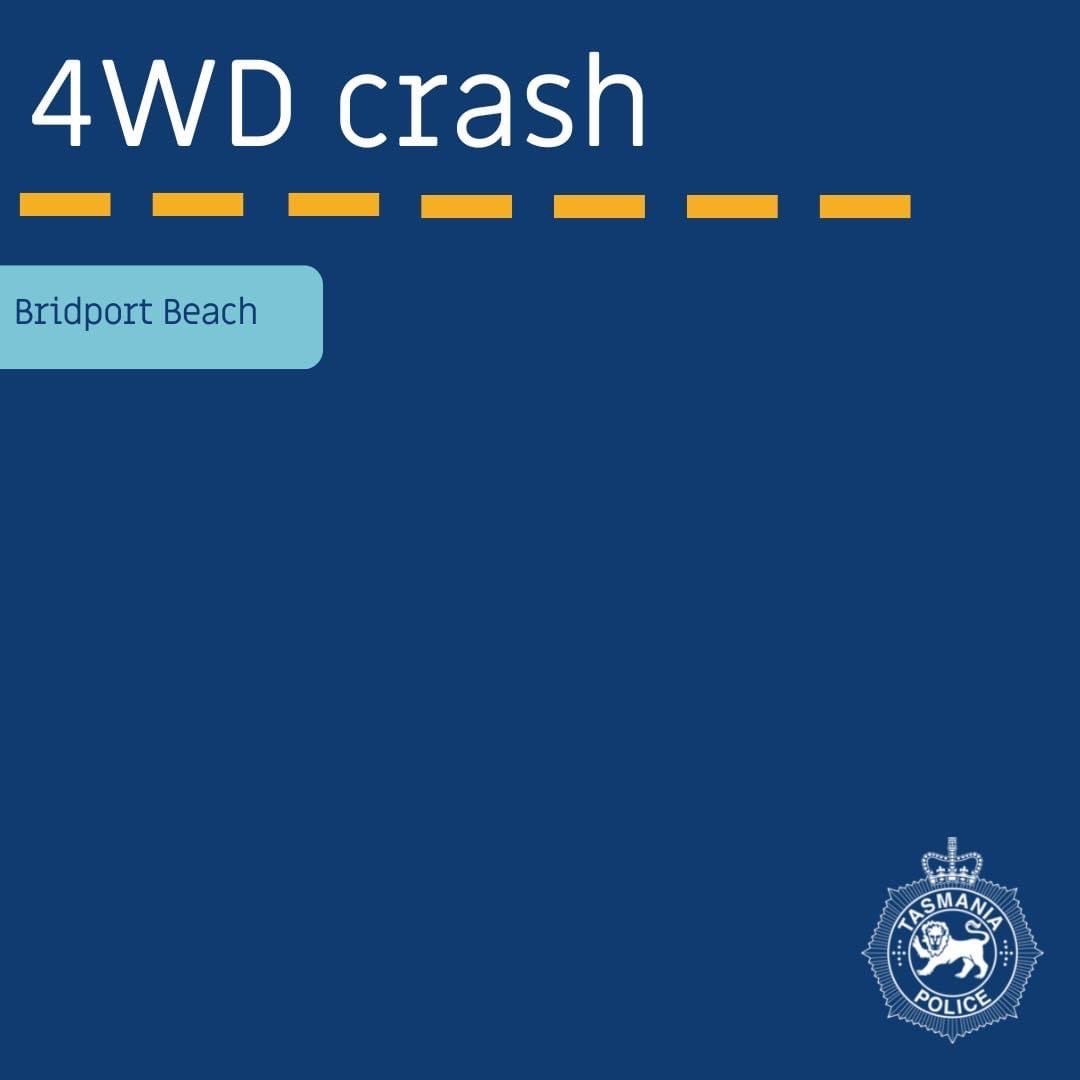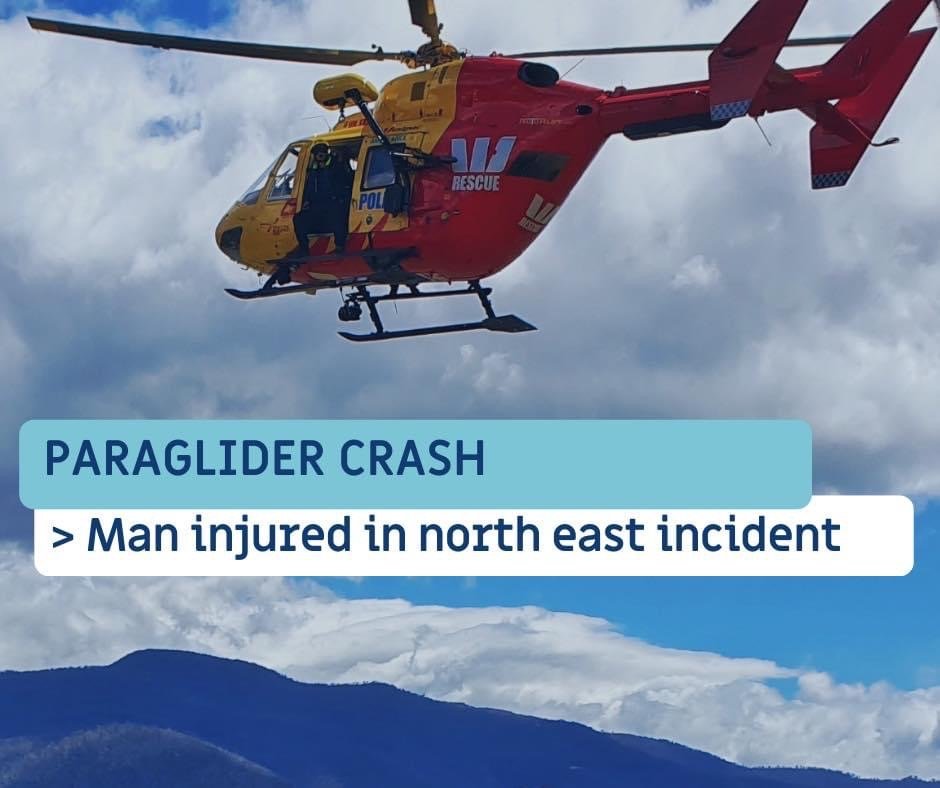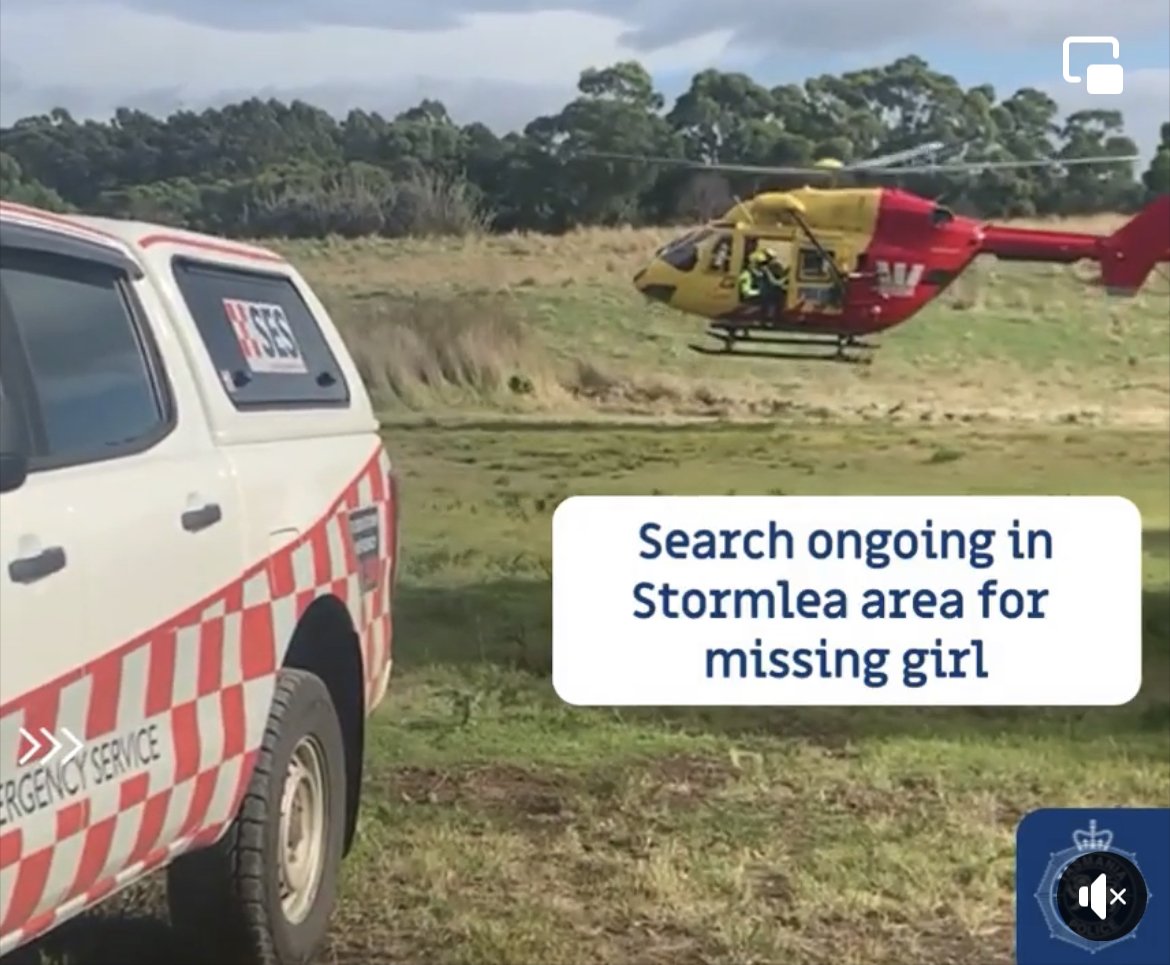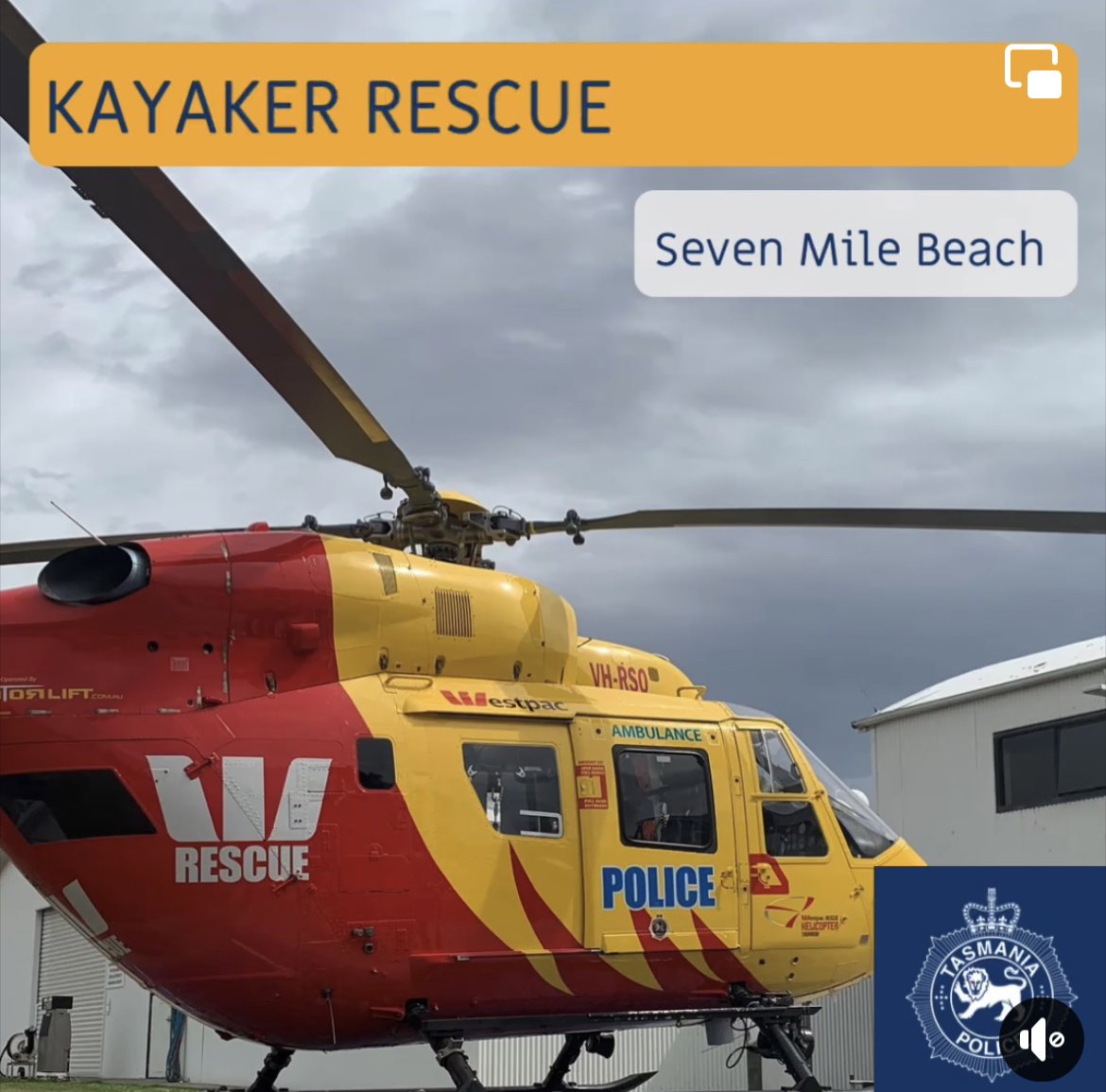How not to a be an “opinionated tool” on social media after a bush rescue.
Image courtesy Westpac Rescue Helicopter Service Tasmania website.
WARNING: This blog is probably going to offend some people.
Before reading any further here is an excerpt from the Westpac Rescue Service Tasmania website.
“The Westpac Rescue Helicopter Service is an integral part of Tasmania’s emergency services, and is available to anyone who finds themselves in a dangerous situation.
Our highly skilled crew are called out daily for a variety of assignments - from bushwalker rescue missions in Tasmania’s rugged World Heritage Areas to motor vehicle accidents or extracting an injured fisherman from a trawler.
Tasmania Police also makes use of our helicopter service as a crime-fighting tool to maintain Tasmania’s reputation as the safest state in the nation.”
This morning I woke up to the news that a young bloke and his father had been rescued from the Walls of Jerusalem National Park here in Tasmania. See the post below on the Tasmanian Police (TasPol) Force’s Facebook page. Within minutes of being posted, predictably, the kind citizens of Tasmania (and further afield) began voicing their two cents.
Voicing your opinion on open and very public forums like Facebook, Twitter or whatnot is totally fine when it comes to such pressing and contentious topics - such as the eternal ‘putting pineapple on pizza’. (Spoiler alert - it’s perfectly fine.)
But what happens when we do it on a post about some poor person or group being rescued in our wild places? Do we even have the right to do it?
Plato once stated “Opinion is the medium between knowledge and ignorance”. Literally everyone has an opinion on literally everything these days. And unlike in Plato’s day, the power of social media means anyone can voice their opinion to the world far and wide with the mere tap of a few keys. Me writing this piece is putting my opinion out there. If someone comments on this blog, they are voicing theirs.
Limited specific details on the rescue were given on the TasPol post - as is standard policy - to protect the privacy of those concerned while still drumming home the importance of having a PLB, checking the weather and being prepared for the conditions. All the basic Bushwalker 101-type stuff that should be obvious, but still doesn’t hurt to have repeated regularly. Especially for visitors to the state not familiar with our uniquely variable weather patterns.
Remember what Plato said - “Opinion is the medium between knowledge and ignorance”.
Just a snippet of some of the comments from the Tas Pol page.
Anyone reading this or any other similar post can, therefore, only make assumptions on what actually happened. They do not have first hand knowledge of exactly what transpired and how. Many, in their ignorance, instead chose to make unfounded claims that the poor fellas rescued were either unprepared, didn’t have the right gear, shouldn’t have been out there in the first place, should have just walked out as they were “just a bit wet”, some combination of the above and/or all manner of other unfounded and ignorant claims.
Yet more kind words from strangers.
As the debate raged, the snide quips of “charge them”, “bush taxis”, “it’s their own fault”, “too lazy to walk out”, or the wonderfully judgemental “too soft” started. The self-described law-abiding taxpayers shouted from the roof tops at the monetary cost of rescuing these selfish, ill-equipped, ill-prepared parasites of society. How dare they put themselves into a situation that requires rescue? And then how double-dare they call for rescue?! Heathens!!
With metaphorical pitchforks raised, these vigilantes of the taxpayer funds went so far as to loudly claim that if these two blokes ever read about themselves, it will be to learn that they aren’t worth rescue. It is, after all, their fault they got cold and wet!! (Ah, the charms of social media…)
Lovely reflections of the kindness of strangers…
As a society, is it OK to take rescue or medical assistance away from those that “self-inflict” the situation? It is OK to say that if someone places themselves in risk - deliberate or otherwise - that they should pay for the rescue? And if we charge people to use rescue services - who do we charge?
Do we send a big (likely financially crippling) bill to the family driving on a wet road that unfortunately ends in a serious accident requiring the Westpac Rescue Helicopter to airlift someone to hospital? Or we just don’t send the chopper - saving thousands of dollars an hour - as the road was wet when they left home, so they should just suck it up instead?
What about the trail runner who sprains or breaks an ankle at a race and needs the chopper to get them safely off kunyani? They should be at home on the couch with a cigarette and beer in each hand, not out costing us money with another “unnecessary” rescue?
A kid out building a cubby in the bush that falls from a height. Tough luck kiddo. No emergency services for you mate cause Mum told you not to climb trees. It. Is. Your. Own. Fault.
What about the father and son out fishing who get hit with a freak wave and have their dingy sink, resulting in police and rescue service resources being required?
Why should our search and rescue services be sent to help look for a toddler that has wandered off? Surely the parents should have kept a better watch out in the first place, right?!
All of these “what-ifs”. See the images below for just a few of the other situations our amazingly talented rescue personal help Tasmanians with.
Guaranteed, if TasPol posted about any of the above rescues, there would be an outpouring of sympathy. Poor toddler, poor family, poor father and son almost drowning. “Thank god for our emergency services” would be the catch cry. “So glad the toddler is back with mum and dad”. “Thank goodness the helicopter could reach the family in the car accident in time”. Not one person would post “charge that kid their pocket money for being rescued”. Not one person. Because frankly, it would be poor form, very poor form.
Yet, as soon as news of some unfortunate bushwalker being rescued hits the waves, the couch-dwelling “taxpayers of Tassie” start. (Yes, that’s me making ignorant assumptions that all the haters dwell on their couches).
They read the words “cold and wet” and equate it with being caught walking around town or commuting home without an umbrella or decent jacket.
What they don’t realise is that being cold and wet over a multi-day bushwalk can lead to hypothermia. Particularly in windy, exposed conditions. Being able to get yourself dry and warm is of critical importance when out bush and not being able to do so is very dangerous. Hypothermia doesn’t care if you put yourself in that situation or not. She is a cruel mistress that will make things go from uncomfortable to deadly rapidly. I guess that’s why the folks who run the Westpac Rescue Helicopter Service regularly stress “don’t wait to hit the button until it’s too late!”.
No bushwalker ever wants to be rescued. I certainly don’t. In fact, I’ll often assess risk and alter my plans based on “yeah… that’s not worth getting rescued over”. It’s a good perspective to keep in mind, especially when you’re undertaking tough routes and being more ambitious than usual.
Still, the reality is that you can be the most experienced, best prepared bushwalker in the world and still require rescue. Not all risk can be mitigated against and sometimes, yes, sh*t just happens. Slips and falls, snakes, a twig in the eye, weather ignoring the forecast (!), equipment failure - not everything is within your control.
The last thing we ever want to do is send out the message to walkers be it via social media, forums etc. that they should ever hesitate when they feel their situation is out of their control and lives are at risk. Had that father and son died of hypothermia, then a wife and mother would be planning a double funeral right now. As she cried, she would be rightfully angry that they didn’t call for rescue before it was too late.
Also, skilled paramedics and rescue staff would be feeling the pain and distress of retrieving bodies, instead of rescuing people from a salvagable situation.
Of course, we want everyone to be prepared and safe when they visit our natural places. Everything in our lives has risk involved, and bushwalking is far from risk-free. People need to be realistic about their experience and abilities not just if things go perfectly as planned, but when things go wrong too.
As such, we also all want a society that accepts that sometimes things will go wrong - be they avoidable or otherwise - and that when we do need help and have to hit that button, we don’t wake the next day to endless commentary from total strangers about how useless we are. Based on a few limited factoids sourced on social media and the, ahem, wealth of the commenter’s personal experience.
A bit of food for thought for all of us.
Five ways to not be a tool on social media after a rescue.
Remember what Grandma said - if you haven’t got anything nice to say, just shut up. The great thing about being ignorant to something is that if you keep your mouth closed, no one will ever know. Remember, the Internet isn’t quite the anonymous hole these days we sometimes like to believe. What you write will probably be seen by not only those concerned, and very likely seen by your family, friends, workmates, boss, clients and so on. Would you repeat what you post online from a megaphone in the middle of town? How willing are you stand by that opinion? If that father and son were sitting next to you, would you say the exact same thing?
Don’t say or repeat information as ‘fact’ if it isn’t 100% verified as being true. Statements like “they just wanted a ride home”, “should have been better prepared” etc. aren’t facts - just mindless opinion. Unless you were in the tent alongside them or part of the rescue team, you really don’t know how events occured.
Don’t publicly give your opinion on what they could have or should have done differently, even if you are a bushwalker. Once again, unless you were witness to the events, you do not know the circumstances nor why choices or actions were made.
Put yourself in their boots. Yep… you probably wouldn’t appreciate a chorus of clueless naysayers giving their thoughts on something they have no knowledge or understanding of either.
Sprinkle a little kindness their way instead, and change the narrative. Write “Glad they got home safe to their loved ones.” instead of “They should have just been left to die” (Honestly who even says stuff like that?!). Remember, they are human beings with families and have just gone through what was likely quite a traumatic ordeal.
And one more thing… Our Westpac Rescue service is world class but to maintain the service it also relies on donations. Why not flick them a few bucks because even if you don’t bushwalk you might find yourself in need of their services one day!








